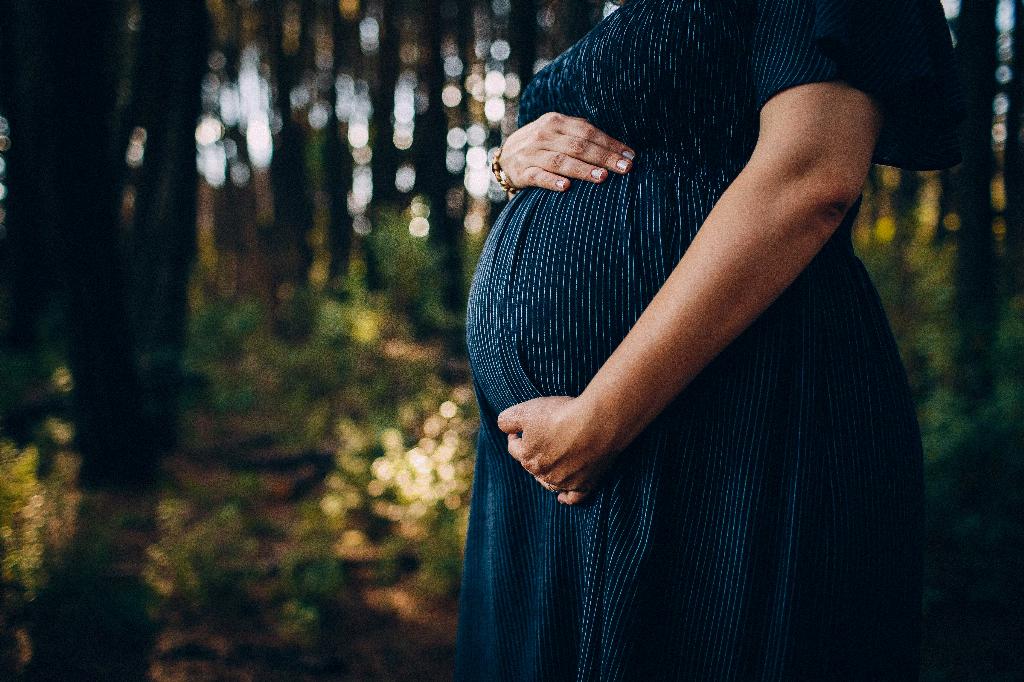When it comes to pregnancy at the age of 45, it is important to acknowledge that it falls into the category of being quite uncommon. While many women dream of starting or growing their families later in life, it is essential to recognize the potential challenges and risks that come with a pregnancy at this age.
Risk Factors and Considerations
One of the primary reasons why pregnancy at 45 is considered uncommon is due to the increased risk factors associated with advanced maternal age. Women over the age of 45 are more likely to experience difficulties conceiving naturally, as fertility decreases with age. Additionally, pregnancies in this age group are often classified as high risk due to the greater likelihood of complications.
Incidence of Spontaneous Abortion
It’s important to note that the incidence of spontaneous abortion, or miscarriage, is higher in women aged 45 and above. This is primarily due to the increased likelihood of chromosomal abnormalities in the fetus, which can lead to pregnancy loss. The risk of miscarriage becomes more pronounced as maternal age advances.
Gestational Trophoblastic Disease
Another factor to consider when discussing pregnancy at 45 is the potential risk of gestational trophoblastic disease. This condition involves abnormal growth of cells inside the uterus, which can impact the development of the pregnancy and pose health risks to both the mother and the baby. Women over 45 may have a higher risk of developing this condition.
Chromosomal Abnormalities in the Fetus
One of the most significant concerns associated with pregnancy at 45 is the increased likelihood of chromosomal abnormalities in the fetus. Advanced maternal age is a known risk factor for conditions such as Down syndrome, as the quality of the eggs declines with age. This can impact the health and development of the baby.
Medical Monitoring and Care
Given the potential risks and challenges associated with pregnancy at 45, it is crucial for women in this age group to receive thorough medical monitoring and care throughout their pregnancy. Regular check-ups, screenings, and tests can help identify any issues early on and ensure the best possible outcome for both mother and baby.
Emotional and Physical Considerations
It is also essential to acknowledge the emotional and physical considerations that come with a pregnancy at 45. Starting or expanding a family later in life can bring about a unique set of challenges and joys. Women in this age group may need to navigate issues such as increased fatigue, potential lifestyle adjustments, and increased emotional support.
Consulting with Healthcare Professionals
If you are considering pregnancy at 45, it is highly recommended to consult with healthcare professionals specializing in maternal-fetal medicine or obstetrics. These experts can provide personalized guidance, support, and medical care tailored to your specific needs and circumstances.
Exploring Fertility Options
For women over 45 who are experiencing challenges conceiving naturally, exploring fertility options such as in vitro fertilization (IVF) or egg donation may be viable alternatives. These assisted reproductive technologies can help increase the chances of a successful pregnancy and healthy baby.
Community Support and Resources
Building a supportive community and accessing relevant resources can also be incredibly beneficial for women embarking on a pregnancy journey at 45. Connecting with other women who have had similar experiences or joining online forums and support groups can provide valuable insights and emotional support.
Conclusion
In conclusion, while pregnancy at 45 is less common and comes with its share of risks and challenges, it is entirely possible for women in this age group to have successful and healthy pregnancies. By prioritizing medical care, emotional well-being, and exploring all available options, women can navigate this journey with confidence and optimism.

